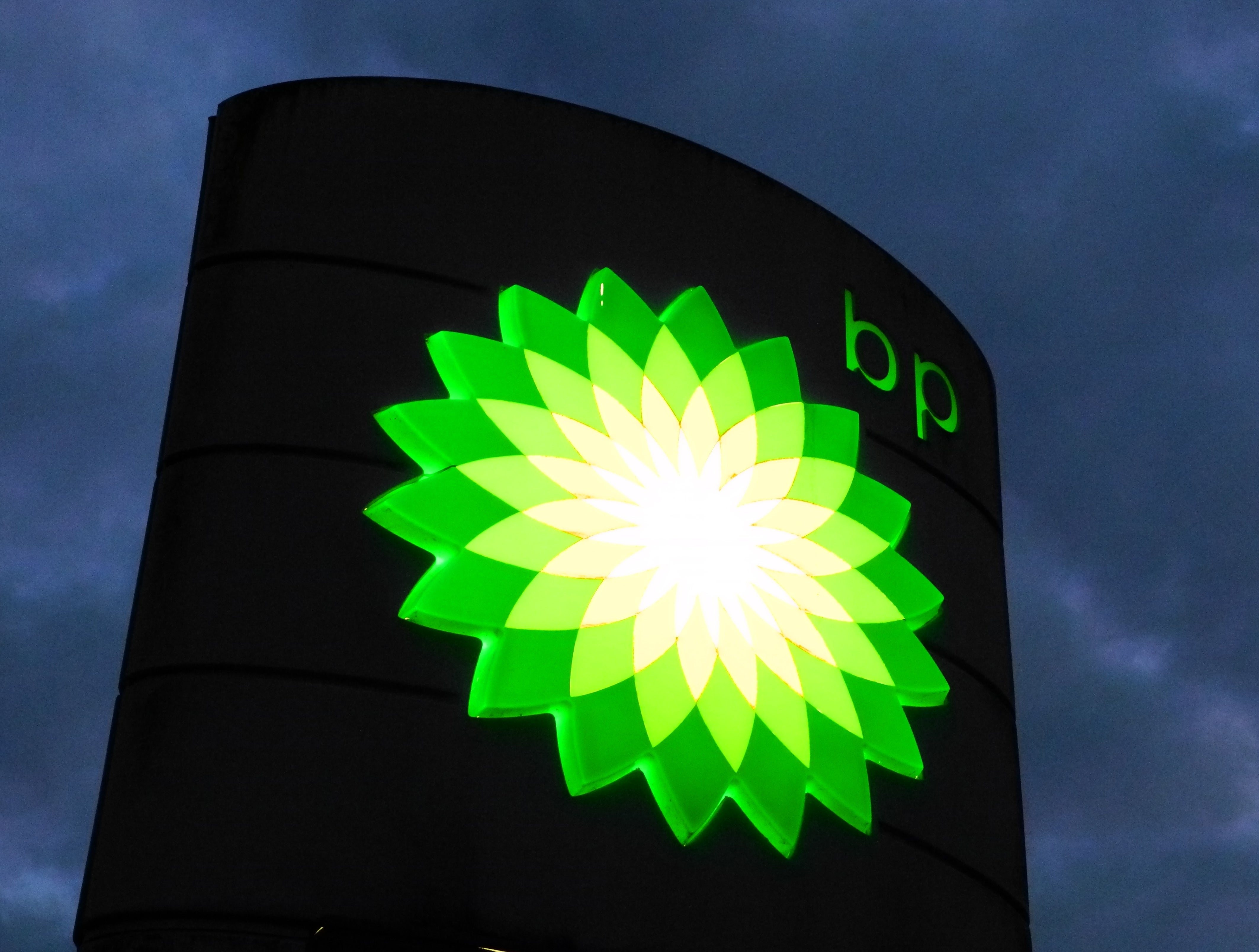BP’s windfall profits should be shared via a windfall tax. The same goes for the other oil giants
Shareholders have benefitted handsomely from surplus profits linked to surging oil prices as a result, in part, of the war in Ukraine, writes James Moore


BP’s and its peers’ results are also likely to attract further political attention, which is becoming a real risk for the future,” said Brewin Dolphin investment manager Stuart Lamont in reaction to the oil giant’s bumper second-quarter profits.
The risk, of course, is to the company’s investors and executives because those results certainly should attract further political attention.
BP’s booming numbers were announced hot on the heels of Shell’s record-breaking results. The oil major revealed it had made $9.3bn (£7.6bn) in just three months, including what it described as $6.6bn of “surplus cashflow”.
How did that surplus arise? Through BP’s entrepreneurial nous? Through its executives proving they’re superstar managers, the Chloe Kellys of the business world, worthy of the bonuses they will be rewarded with? Through the investments they’ve made in the business reaping rich rewards?
Um, no. BP’s glut of cash was, in fact, generated by an earthquake of surging energy prices, which were driven up by Russia’s war in Ukraine.
A combination of the sanctions imposed on Vladimir Putin, as a result of his aggressive actions in Ukraine, and Russia’s use of its energy resources to launch retaliatory economic strikes, have sent those prices the way of a Soyuz rocket on its way into orbit.
So, no, BP’s “excess” cashflow has nothing to do with any actions it has taken. That “surplus” is, in a very real sense, a pure windfall profit.
Now that wouldn’t matter as much if BP – or its peers – were putting the extra money to work to hasten their low carbon transitions or even, less laudably, to find new sources of supply.
But it is clear to me that they are not doing that anywhere as much as they could. Take BP again. The company likes to make a big song and dance about how green it is. CEO Bernard Looney’s results statement quotes were even inked in that colour.
“Today’s results show that BP continues to perform while transforming,” he declared. Except that there isn’t much sign of any transformational investment.
BP is planning to spend $3.5bn on buying back the shares of those wanting out, to add to the money it has already pumped into that activity. A further $1.1bn will be distributed in the form of an increased dividend, which was hiked by 10 per cent. The company managed to significantly reduce its debt while it was at it.
The payout programme looks set to continue as the company racks up further surpluses. Analysts certainly don’t expect to see much change to the company’s investment plans, at least not over the next 12 to 18 months.
While profits may not be as high over the next couple of quarters – the oil price has come off a bit – the company still looks set to throw off a significant amount of excess cash. So shareholders’ windfalls will continue.
Which brings us back to Lamont and his warning. Because, at a time of sky-high energy prices, when families are faced with the question of whether to heat or whether to eat, shouldn’t BP’s “surplus” put a further windfall tax on the table? So its windfalls are shared a little more fairly?
This has been called for by environmental groups, such as Greenpeace and Friends of the Earth, which would like some of the cash to be invested in improving the UK’s energy efficiency, as well as Labour and the Liberal Democrats, which want the existing windfall tax to be made tougher.
Energy companies like to counter such talk by warning that such a move would put investment “at risk”. It’s a constant refrain. BP needs the money to invest in the transition while still keeping cars on the roads and the lights on in people’s houses. But that isn’t a valid argument when the investment in transition isn’t where it needs to be, as quickly as it needs to be. And I don’t envision that changing anytime soon.
Others point out that such a move could hurt pension funds, which lots of us are looking to help fund our retirements. But remember, these are excess profits. As I said, that $6.6bn is described by BP as “surplus cash”. Sharing it a little more widely needn’t hurt pension funds. It might help them if it helped the consumer, and the consumer economy, by easing their energy costs.
The moral case here is clear. Ditto the economic one. And the political case is as strong as it has ever been.






Join our commenting forum
Join thought-provoking conversations, follow other Independent readers and see their replies
Comments